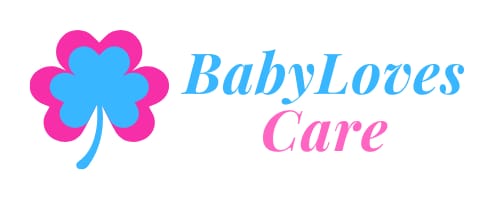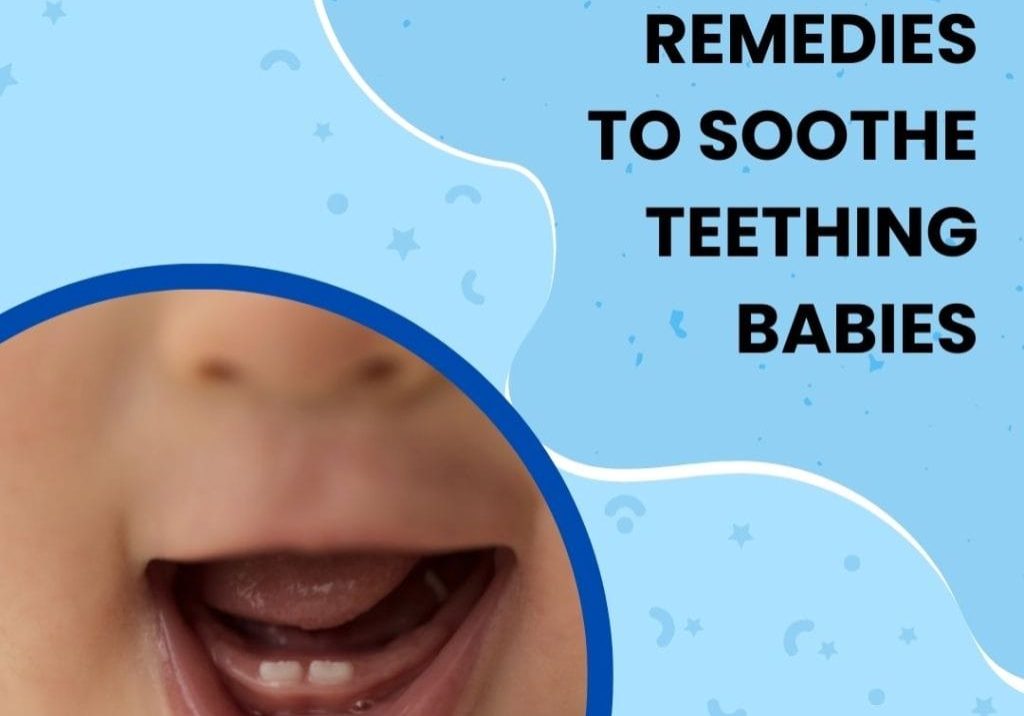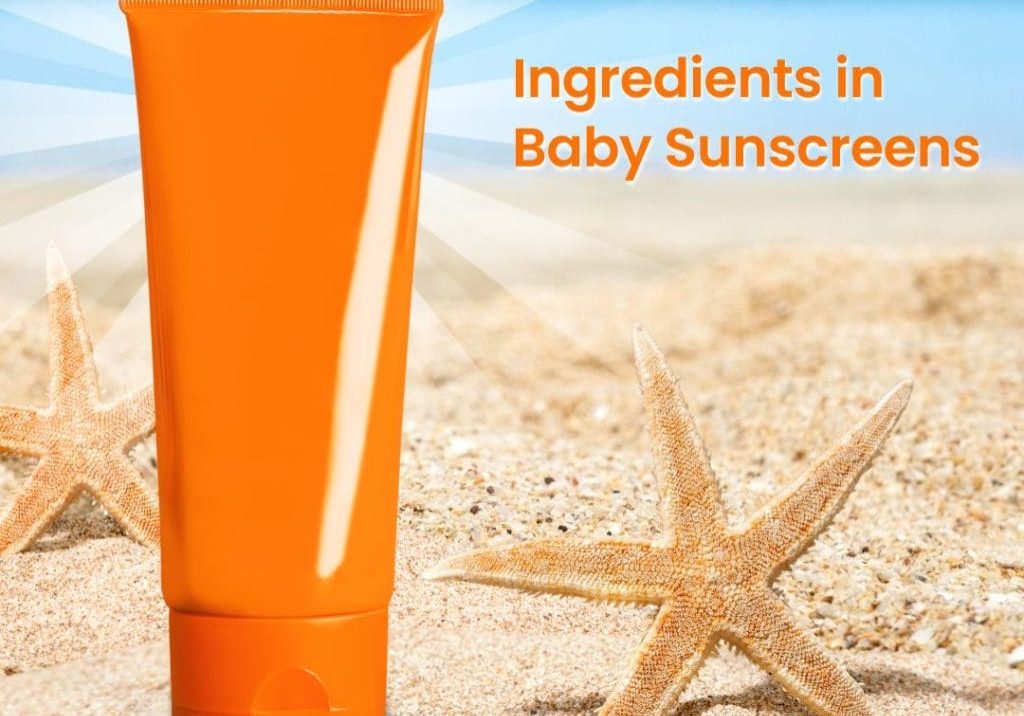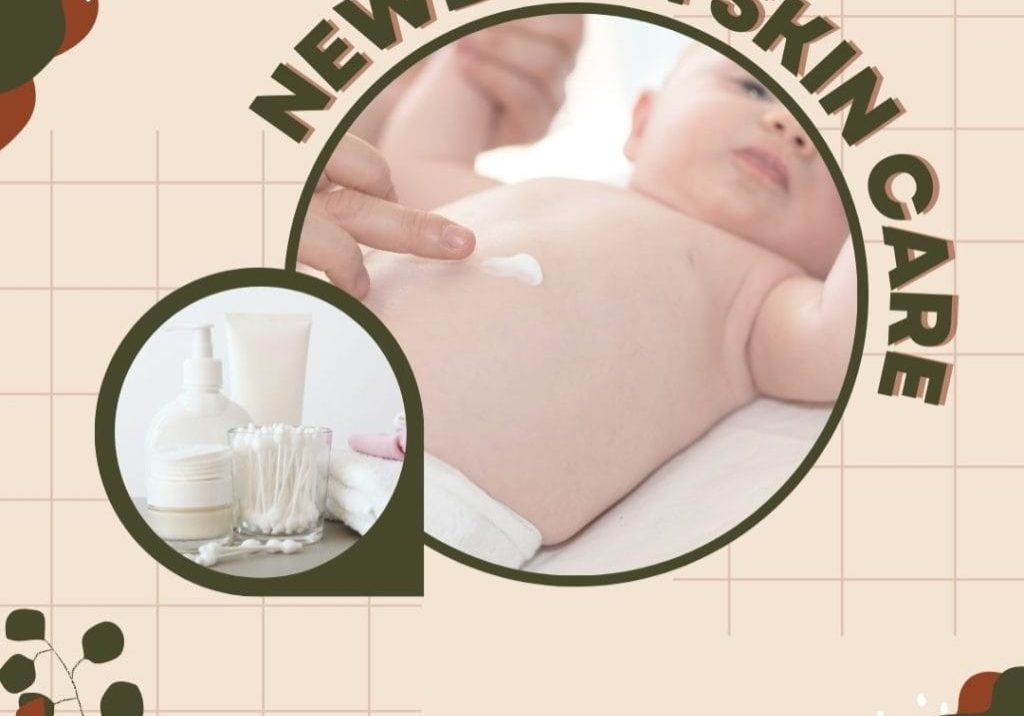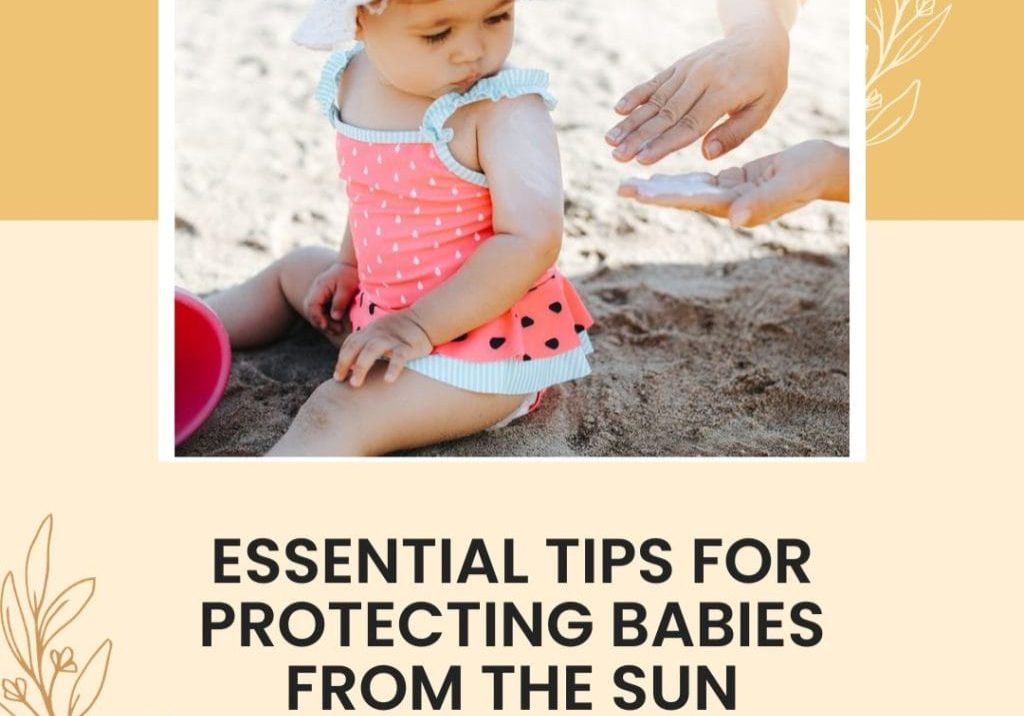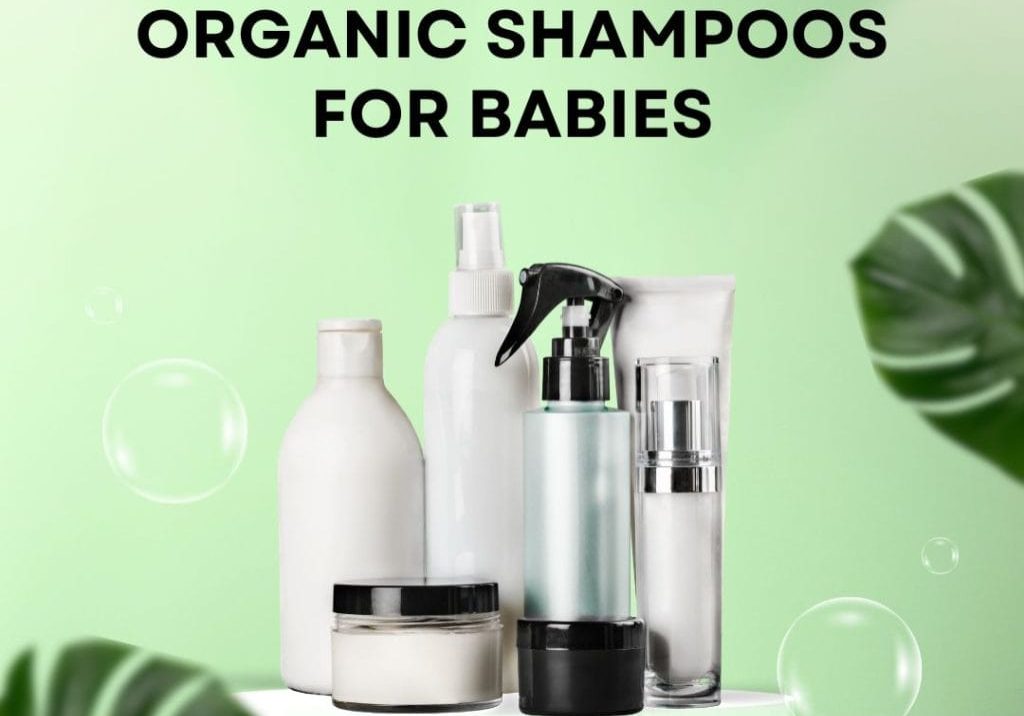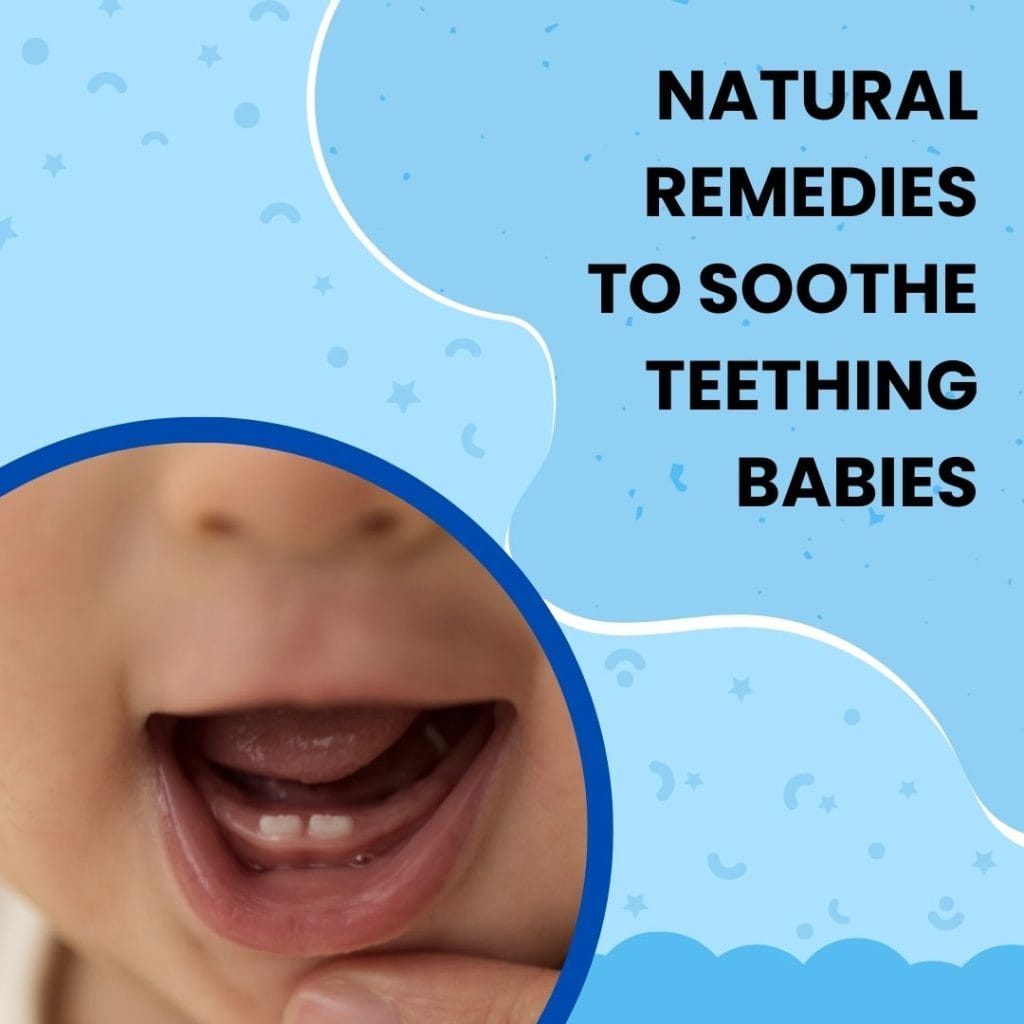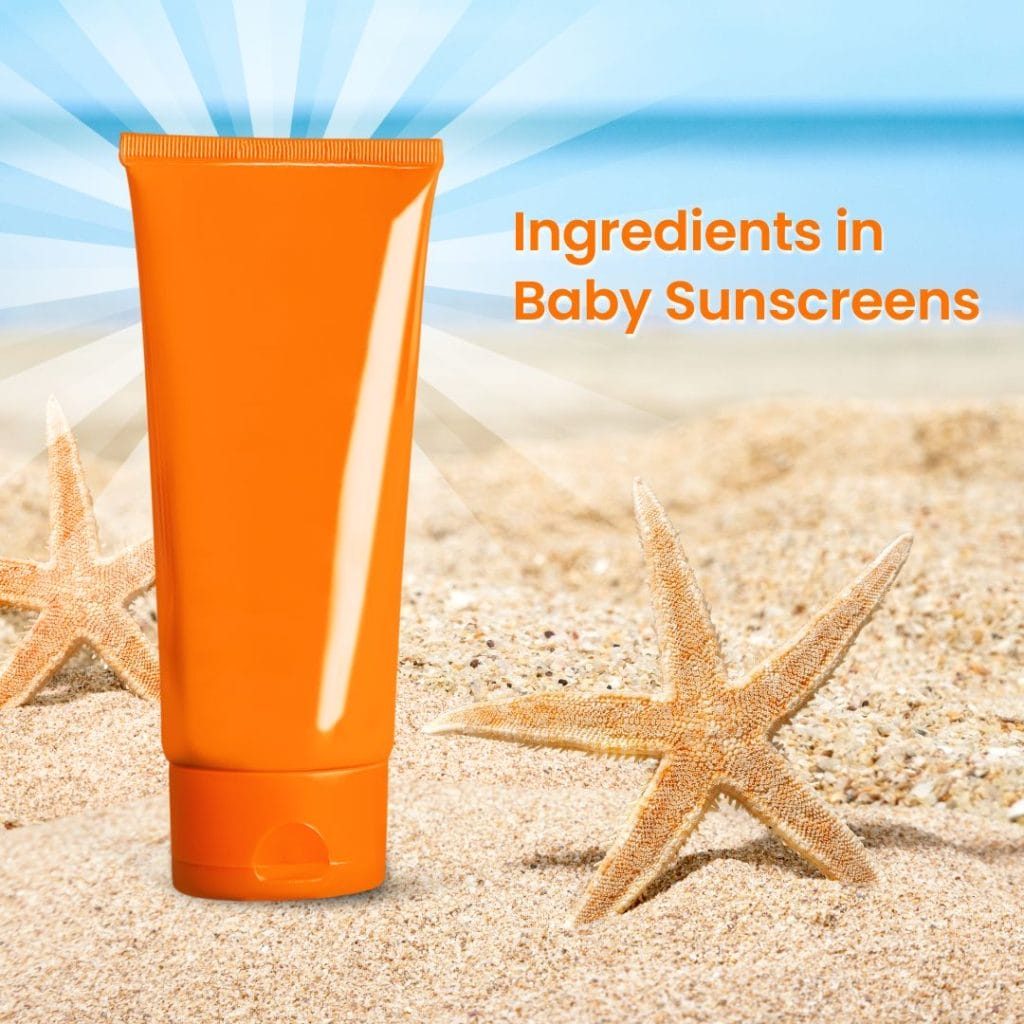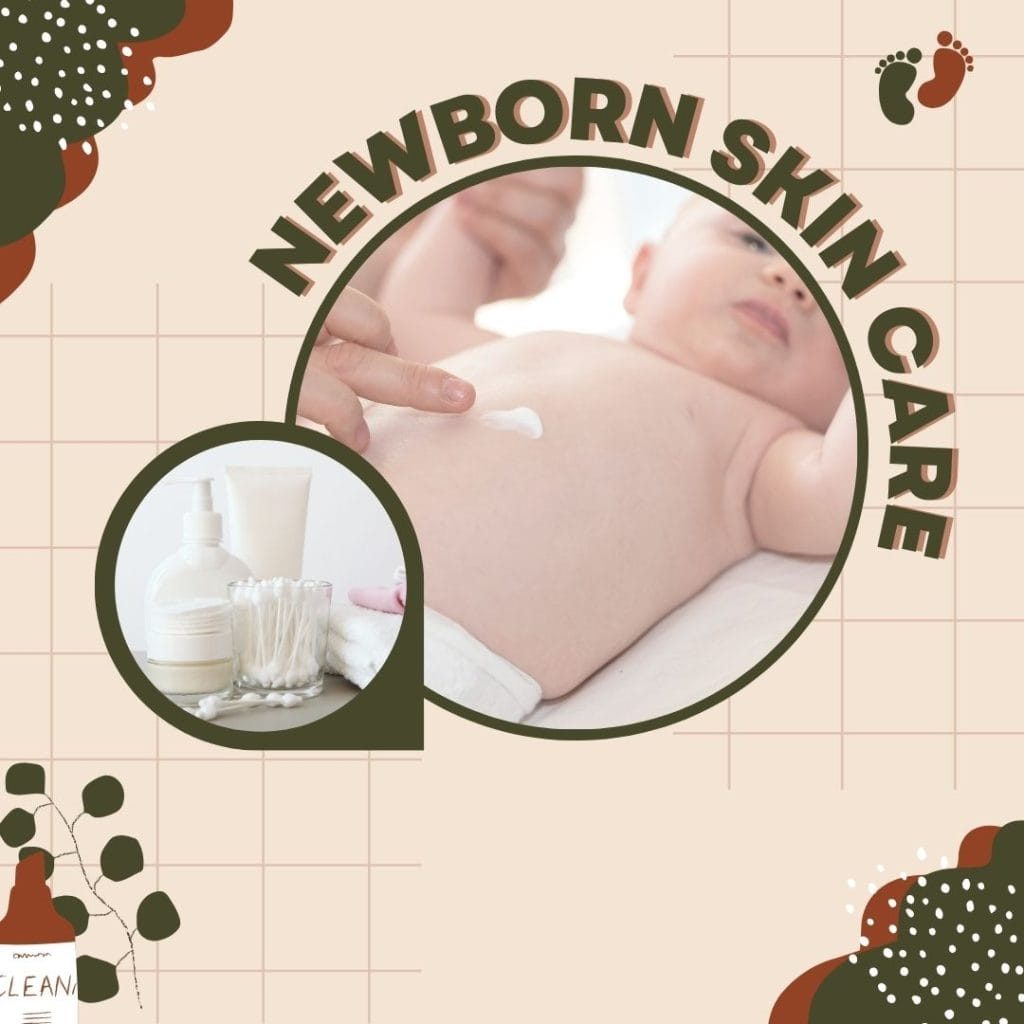Choosing the right products for your baby’s sensitive skin can be a daunting challenge. One essential item in your baby care arsenal should be natural baby shampoos. These shampoos are specially formulated with gentle, natural ingredients to cleanse your baby’s tender scalp without causing irritation or dryness. In this guide, we will explore the benefits and options of natural baby shampoos for your little one’s delicate scalp.
Choosing Natural Shampoos for Your Baby’s Sensitive Scalp
Selecting suitable non-toxic baby shampoo for your little one’s sensitive skin can be a daunting task for new parents. This article will help you navigate through this process, ensuring that safety, quality, and natural ingredients are all ticked off your checklist.
Opting for organic baby shampoos can greatly benefit your baby’s delicate skin and hair. These products are typically crafted with all-natural and organic ingredients, keeping harmful chemicals such as sulfates and synthetic fragrances at bay.
Look for baby shampoos that are fragrance-free, tear-free, and designed specifically for sensitive skin. Such gentle cleansers usually contain enriching ingredients like organic coconut oil, organic jojoba oil, aloe vera, and cocoa butter. They not only cleanse effectively but also protect your baby’s skin by not stripping natural oils.
With our guide, you can confidently choose the best non-toxic baby shampoo. This will ensure that your little one’s bath time is not just safe and soothing, but also an enjoyable experience. So, let’s explore the world of organic baby shampoos to give your baby’s skin and hair the gentle care it deserves.
Can Body Wash Has Toxic?
Indeed, certain body wash products contain toxic and potentially harmful ingredients. It’s not uncommon to find commercial body washes loaded with substances such as sulfates, synthetic scents, and severe chemicals that could pose a risk. It’s therefore essential to exercise caution and awareness when choosing a body wash for the family and yourself.
Reading Product Labels to Make the Best Decision
When it comes to choosing a non-toxic body wash, prioritizing products labeled as “non-toxic,” “natural,” or “organic” is crucial. These terms often indicate a commitment to using natural and organic ingredients, such as organic coconut oil and organic jojoba oil, over harmful chemicals like sulfates, synthetic fragrances, and harsh detergents.
Fragrance-free options offer an excellent choice for those with sensitive skin or allergies. When scrutinizing the ingredient list, be wary of substances like sodium lauryl sulfate (SLS), sodium laureth sulfate (SLES), parabens, and phthalates. These ingredients have been associated with potential health risks.
Instead, search for body washes that contain natural oils, such as organic coconut oil. Ingredients like aloe vera and shea butter, renowned for their soothing and nourishing properties, are also a good sign.
By opting for a non-toxic body wash, you can cleanse your skin without risking exposure to hazardous chemicals or irritation. Prioritizing natural and organic options not only promotes healthier skin but also contributes to a more sustainable, environmentally-friendly lifestyle.
What is a Non-Toxic Baby Shampoo?
A non-toxic baby shampoo, as the name implies, is a product designed with the unique needs of infants and young children in mind. Its formulation excludes harmful chemicals, toxins, and synthetic additives that could potentially damage your baby’s tender skin and hair. These shampoos are primarily composed of natural and organic ingredients, such as organic coconut oil, organic jojoba oil, and aloe vera, which nourish and safeguard your baby’s sensitive skin.
The beauty of non-toxic baby shampoos lies in their fragrance – it’s either entirely absent or derived from natural essential oils. This approach eliminates the use of synthetic fragrances, which can often be overbearing and harmful. Steering clear of conventional baby shampoos laden with sulfates, parabens, phthalates, and harsh detergents helps prevent skin irritation, allergies, and other potential health detriments that could arise from exposure to these harmful chemicals.
When shopping for a non-toxic baby shampoo, search for labels stating “organic,” “natural,” “fragrance-free,” and “free from harmful chemicals.” This ensures you’re selecting a product that values your baby’s health over anything else. Always take a moment to read the ingredient list, ensuring that harmful elements like sodium lauryl sulfate (SLS) and synthetic fragrances are nowhere to be seen.
Harmful Ingredients to Avoid in Baby Shampoo
When shopping for your baby’s shampoo, it’s essential to avoid certain harmful ingredients. These components can cause skin irritation, allergies, and other potential health risks. Here are some of the common culprits to watch out for:
- Sulfates: Sodium lauryl sulfate (SLS) and sodium laureth sulfate (SLES) are foaming agents. While they create rich lather, they can be harsh and drying to your baby’s delicate skin.
- Parabens: These preservatives, which include methylparaben and propylparaben, raise concerns due to their potential link to hormonal disruption.
- Phthalates: Often used to enhance fragrance, these chemicals have been associated with potential health concerns.
- Synthetic Fragrances: Artificial fragrances might contain undisclosed chemicals causing skin irritation or allergies.
- Formaldehyde Donors: Ingredients like DMDM hydantoin, diazolidinyl urea, and quaternion-15 can release formaldehyde, a known carcinogen, over time.
- Propylene Glycol: Can cause skin irritation and allergic reactions in susceptible individuals.
- Mineral Oil: A petroleum-derived ingredient, mineral oil might clog pores and potentially disrupt the skin’s natural barrier.
- Synthetic Colors: Artificial colors, such as FD&C dyes, are unnecessary additives and may cause skin irritation.
Opting for baby shampoos labelled as “free from harmful chemicals,” “non-toxic,” or “natural” can help ensure your baby’s safety. Look for products that list natural and organic ingredients such as organic coconut oil, organic jojoba oil, and organic calendula. Trust brands that are transparent about their ingredient lists. These ingredients are gentle, nourishing, and most importantly, safe for your baby’s sensitive skin. By avoiding harmful ingredients, you provide your little one with a safer, healthier bathing experience.
What To Look For In Baby Wash & Shampoo
When choosing a baby wash and shampoo, it’s crucial to consider specific factors to ensure the safety and well-being of your little one. Let’s delve into the key things to look for:
- Gentle Formulation: Baby’s skin is delicate, so it’s essential to pick products that are designed to be mild. Opt for washes and shampoos labelled as “gentle” to avoid irritation.
- Natural and Organic Ingredients: Ingredients are a critical aspect of any product. Look for natural and organic components, such as organic coconut oil, organic jojoba oil, and aloe vera. These ingredients will help nourish and protect your baby’s skin.
- Hypoallergenic: To minimize the risk of allergic reactions, it’s best to select hypoallergenic products. These are especially suitable for babies with sensitive skin.
- Tear-Free Formula: Bathtime should be a joyous event, not a tearful one. Seek products labeled as “tear-free” to ensure they won’t cause discomfort or stinging if they come into contact with your baby’s eyes.
- Free from Harmful Chemicals: To safeguard your baby’s health, avoid products containing harmful chemicals like sulfates, parabens, phthalates, synthetic fragrances, and artificial colors.
- Allergy-Tested: Allergy-tested or dermatologist-tested products give an added layer of safety. These products are designed to minimize the risk of allergic reactions.
- Trusted Brand: Finally, choose your baby care products from reputable and trusted brands. Brands that specialize in infant care are more likely to prioritize quality and safety.
Taking these factors into account, you can make an informed decision and ensure a safe, nourishing bathtime experience for your little one.
Recognizing Unsafe Baby Shampoo
Recognizing unsafe baby shampoos is crucial for the health and well-being of your little one. Here are the key traits to watch out for:
- Harsh Chemicals: Avoid shampoos containing harmful elements such as sulfates, parabens, phthalates, and formaldehyde-releasing preservatives. These can irritate your baby’s skin and may lead to long-term health issues.
- Synthetic Fragrances: Shampoos with artificial fragrances often harbor hidden chemicals that may trigger allergies or sensitivities. Always go for fragrance-free or naturally scented options.
- Artificial Colors: Shampoos using artificial colors, like FD&C dyes, are best avoided. These unnecessary additives could lead to skin irritation or allergies.
- Strong Fragrance: Overpowering fragrances may indicate the presence of harmful synthetic scents or masking agents. These could be harmful to your baby’s sensitive skin.
- Lack of Transparency: If a product fails to clearly list its ingredients or provide adequate information about its formulation, it’s best to steer clear. Transparent labeling is key for informed decision-making.
- Negative Reviews or Recalls: Conduct online research for any negative reviews or product recalls related to safety concerns. This will give you a deeper understanding of potential issues with the product.
- Unrecognized Brands: Stick with reputable and trusted brands specializing in baby care. These brands are likely to have stringent safety standards and thorough testing processes.
By recognizing and avoiding these unsafe traits, you can ensure your baby’s shampoo is safe, thereby making bath time a delightful and worry-free experience. Always remember to read the labels and ingredient lists carefully, prioritize natural and organic ingredients, and choose transparency and trusted brands.
Tips for Cleaning Your Baby’s Hair
Navigating the task of washing your baby’s hair requires patience and attentiveness. Here are some valuable suggestions to establish a hair-cleaning regimen that is both safe and beneficial for your little one:
Choose a Non-Toxic Baby Shampoo
Opt for a baby shampoo that is non-toxic and free from harmful chemicals such as sulfates, parabens, and synthetic fragrances. Look for options that are organic or natural and designed with your baby’s well-being in mind.
Use Organic Ingredients
Consider baby shampoos enriched with organic ingredients like organic coconut oil, organic jojoba oil, or organic aloe vera. These natural components are gentle on your baby’s scalp and hair, ensuring nourishment and protection.
Wet Hair Thoroughly
Before applying shampoo, wet your baby’s hair with warm water thoroughly. This ensures the water reaches the scalp and allows the shampoo to lather properly and clean effectively.
Gently Massage the Scalp
Use a small amount of the selected baby shampoo, applying it to your hands and gently massaging it into your baby’s scalp with your fingertips. This process aids in removing dirt, oil, and any possible residue.
Rinse Well
Ensure your baby’s hair is rinsed thoroughly with warm water, and all traces of shampoo are removed. Tilt their head back slightly to prevent water or lather from running into their eyes.
Pat Dry with a Soft Towel
Post rinsing, gently pat dry your baby’s hair using a soft towel. This removes excess moisture without causing damage. Avoid rubbing hair vigorously to prevent breakage.
Comb Carefully
Use a baby-friendly, wide-toothed comb or a soft baby brush to carefully untangle your baby’s hair. Begin detangling from the end and progressively work your way up to avoid causing discomfort or pulling on the hair.
Avoid Overwashing
Avoid washing your baby’s hair daily unless it gets noticeably oily or dirty. Typically, cleansing their hair two to three times a week is sufficient to maintain cleanliness and health.
By adhering to these tips and opting for non-toxic, organic baby shampoos, you can ensure that your baby’s hair stays clean, nourished, and protected, all while minimizing exposure to harmful chemicals or toxins.
Conclusion
Choosing Natural Baby Shampoos is a pivotal step towards ensuring your baby’s health and well-being. By steering clear of potentially damaging chemicals and leaning towards organic and natural ingredients, you set the foundation for a clean and safeguarded scalp for your little one. Ensuring gentle care during hair wash routines further aids in protecting their delicate hair. Always prioritize safety and adopt a tender approach for a content hair-care regimen, creating an environment of comfort and health for your baby.
Frequently Asked Questions
Is organic baby shampoo a safer option for my baby’s sensitive skin?
Yes, organic baby shampoo is generally a safer choice for your baby’s delicate skin. It omits harmful chemicals and instead, utilizes natural ingredients like coconut oil and jojoba oil, which nourish and protect your baby’s skin.
Can the use of regular shampoo harm my baby’s skin?
Regular shampoo often contains aggressive chemicals and fragrances that can cause irritation to your baby’s tender skin. Hence, it is recommended to use shampoos specifically formulated for babies, with gentle ingredients.
Are baby shampoos that claim to be tear-free genuinely tear-free?
Shampoos labeled as tear-free are usually developed with milder ingredients to lessen the risk of eye irritation. Nonetheless, you should still try to avoid letting the shampoo come into direct contact with your baby’s eyes.
How frequently should I shampoo my baby’s hair?
It is typically advised to shampoo your baby’s hair two to three times a week, unless their hair gets noticeably dirty or oily.
What are the harmful ingredients I should steer clear of in baby shampoo?
Shampoos that contain sulfates, parabens, phthalates, and synthetic fragrances can be detrimental to your baby’s skin and overall health, and hence should be avoided.
Can baby shampoo be used as a body wash?
While baby shampoo is formulated for hair, it is preferable to use a separate mild body wash for your baby’s body to guarantee thorough cleansing.
Are synthetic fragrances in baby shampoo safe?
Synthetic fragrances may cause skin irritation or allergies. For minimizing such risks, it is advisable to opt for baby shampoos that are fragrance-free or naturally scented.
What are the advantages of using organic baby shampoo?
Organic baby shampoos are free from harmful chemicals and are enriched with ingredients like organic coconut oil and organic jojoba oil. They provide a gentle care for your baby’s tender skin and hair.
